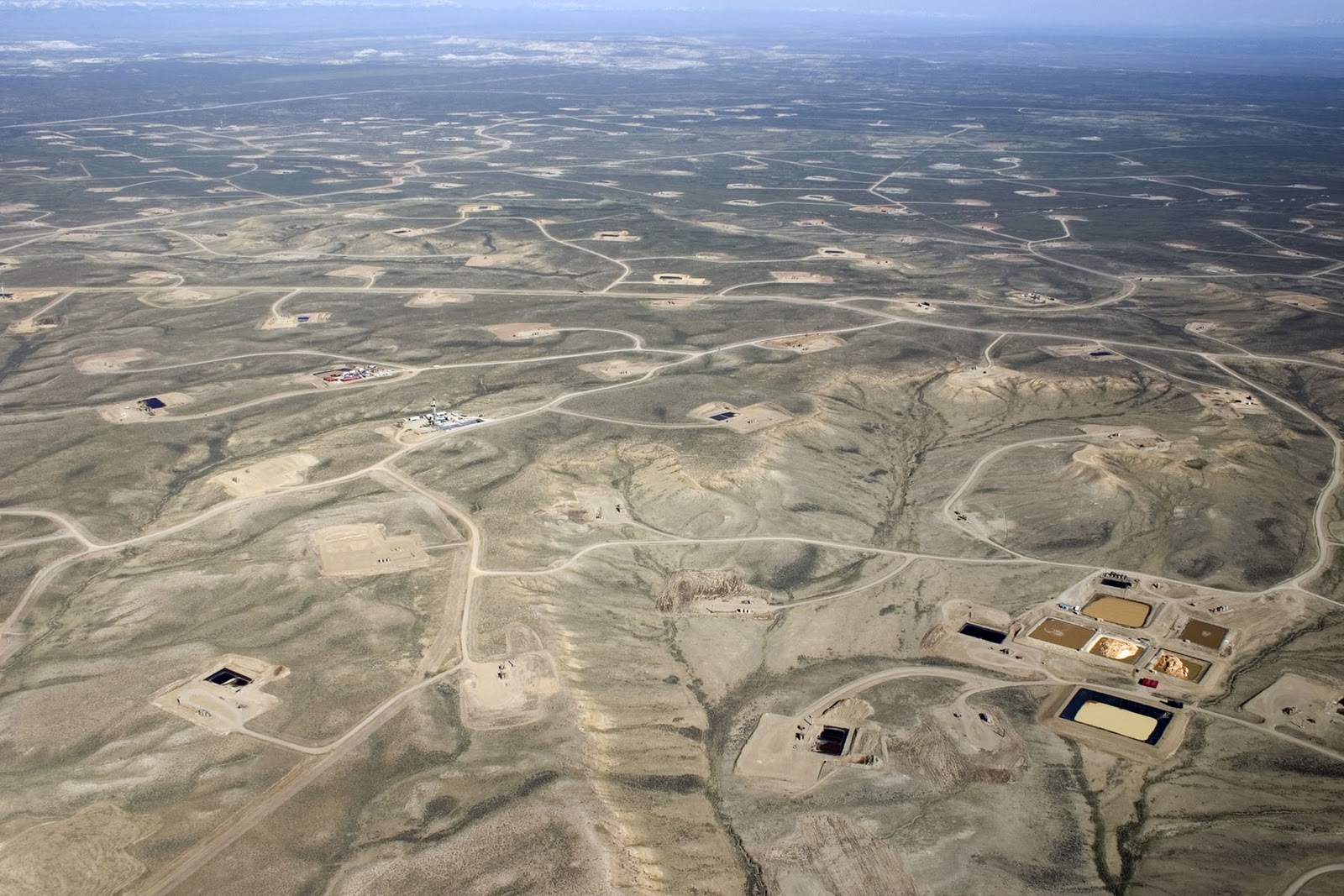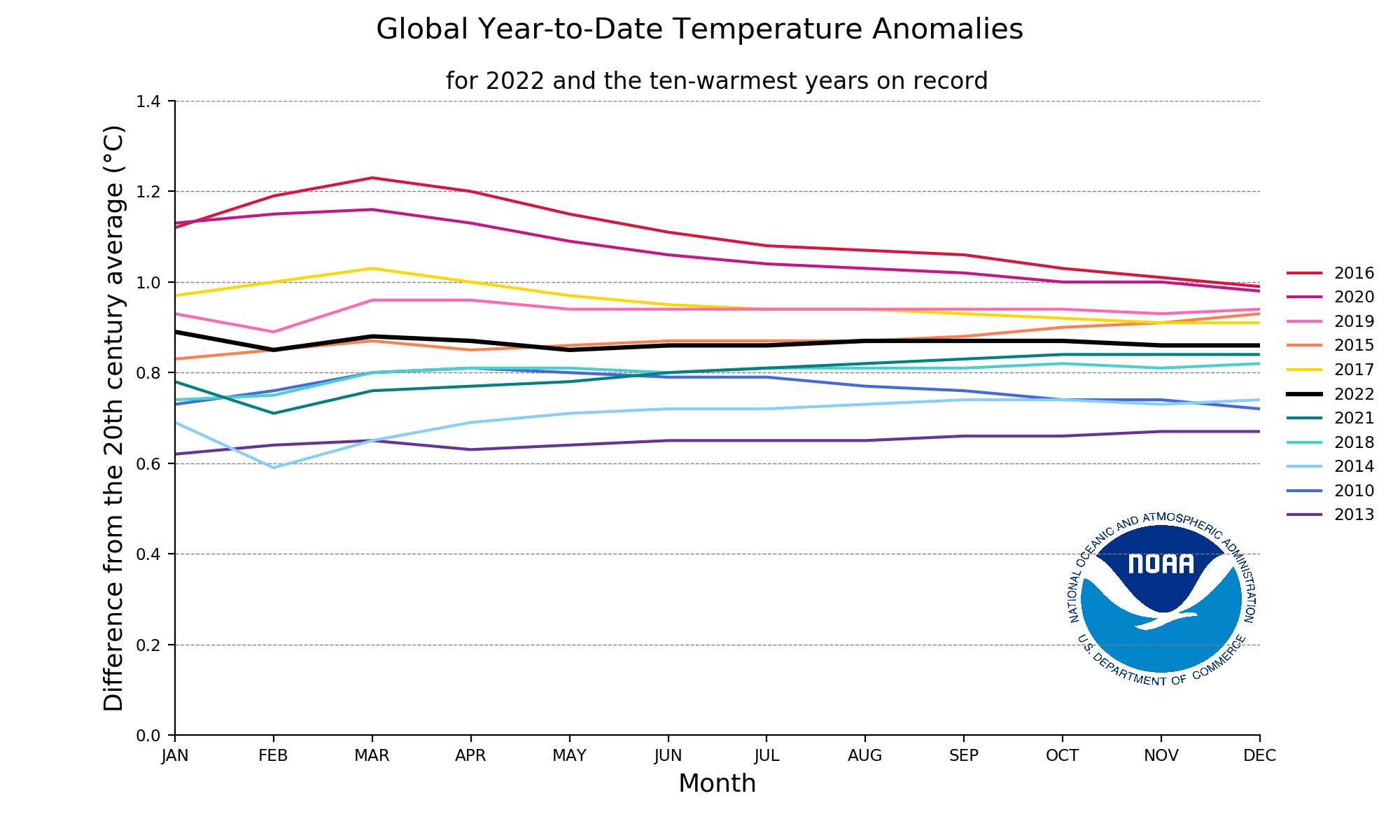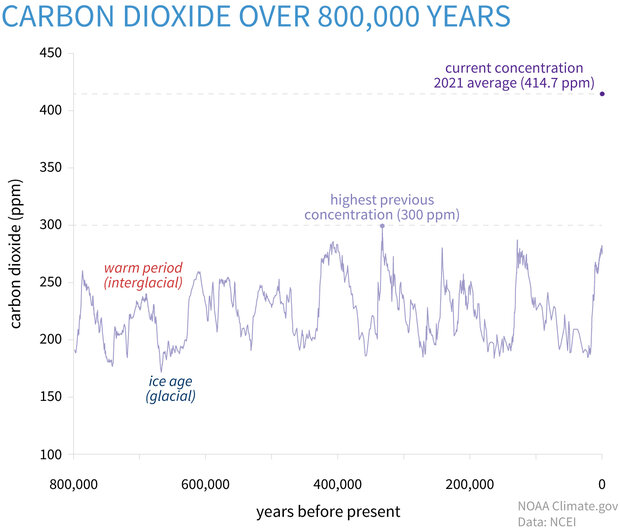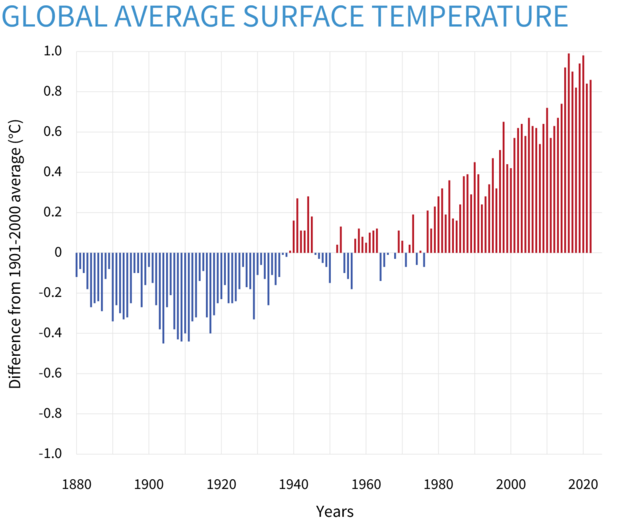I believe everyone would agree on at least one point - planet Earth matters! For years, scholars and environmentalists have touted the idea - that the boundaries of life on our planet have been stretched to a breaking point by human activity. From a scientific perspective, the notion of climate change is no longer up for debate. Our species and life as it exists on planet Earth now depends on the choices we humans make. Each individual with a brain possesses the ability to contribute solutions to our common current dilemma, so what's holding us back?
Is it our lack of knowledge; a conflict of interest; the lack of will, and/or other priorities that define the human race? Do we possess the courage to take an initiative, to act upon our convictions and choose to help preserve the Blue planet? Have our environmental problems become too big for individuals to tackle that we must leave it for governments to handle?
Are we limited by our own self-interests, by the confines of our own box or bubble? Have we merely been caught up in our daily mundane existence, distracted by the media and current affairs, that we fail to consider the future? Is Climate Change simply a hoax? Is the human species destined to evolve or are we doomed to extinction?
Here is place to discuss any pertinent thoughts or ideas you may have on the subject. Every thought counts. Please be respectful.
Is it our lack of knowledge; a conflict of interest; the lack of will, and/or other priorities that define the human race? Do we possess the courage to take an initiative, to act upon our convictions and choose to help preserve the Blue planet? Have our environmental problems become too big for individuals to tackle that we must leave it for governments to handle?
Are we limited by our own self-interests, by the confines of our own box or bubble? Have we merely been caught up in our daily mundane existence, distracted by the media and current affairs, that we fail to consider the future? Is Climate Change simply a hoax? Is the human species destined to evolve or are we doomed to extinction?
Here is place to discuss any pertinent thoughts or ideas you may have on the subject. Every thought counts. Please be respectful.
Last edited:

















